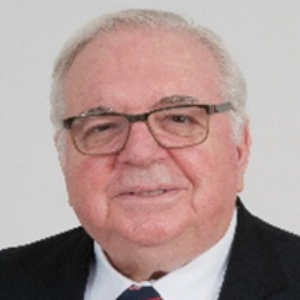Title : Donkey pericardium as a select sourcing to manufacturer percutaneous heart valves: Will decellularization guarantee the long-term durability?
Abstract:
Background: The donkey pericardium is considered to be a good candidate material for use in the manufacture of percutaneous heart valves based upon its thinness, its low cellularity and its undulating collagen bundles and laminates. Decellularization represents an avenue worth exploring, should its superiority to glutaraldehyde-treated pericardium be demonstrated.
Materials & Methods: Donkey pericardium for percutaneous valved stent implantation was divided into two groups and processed according to two protocols separately: regular glutaraldehyde fixation equivalent to industrial procedures to manufactured bioprostheses, and mild decellularization including freezing and thawing prior to treatment with Triton X, and sodium deoxycholate after the regular fixative step. The treated pericardia were observed using scanning electron microscopy, histology and transmission elector microscopy, tensile tests were performed by applying synchronic loading along the axial and perpendicular directions. The obtained biaxial data were then fitted into both the Gasser-Ogden-Holzapfel (GOH) material model and the Fung’s anisotropic one.
Results: The microstructure of both pericardia were similar, glutaraldehyde fixation and decellularization proved to provide collagen bundles and laminates free of flaws. The latter process eliminated most of the cells; however, the structure became less open and somehow more compressed. The collagen filaments in bundles were slightly blurry in transmission electron microscopy. Based on the biaxial tensile test, anisotropy rates of the decellularized specimens were almost identical to the non0decellularized ones. Decellularized pericardium appeared stiffer, based on the greater strain energy value and the average slope of the stress-strain curves. Thus, pericardial specimens behaved as anisotropic and nonlinear tissues.
Conclusions: The decellularization procedure proved to be effective to reduce and possibly eliminate the cellularity of tissue. Mechanical and histological characteristics of the donkey pericardium do not benefit from it. It makes the tissue stiffer, which may lead to higher shear concentration during cardiac cycles and reduce its wavy microstructure. There, it appears premature to select decellularized donkey pericardium to manufacture heart valves for human implantation.
Audience Take Away Notes
- Help researchers to identify new pericardium
- Help industry to select pericardium for heart valve manufacturing
- Detailed analysis of donkey pericardium
- Comparison of two procedures in processing donkey pericardium



